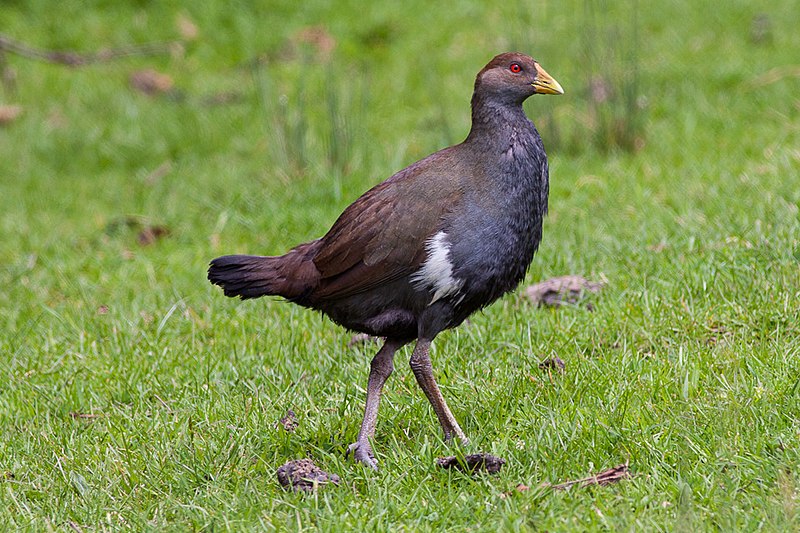News release
From:
A secure future? Human urban and agricultural land use benefits a flightless island-endemic rail despite climate change
Royal Society Open Science
The Tasmanian native-hen is an island endemic flightless bird and a survivor of a prehistoric extinction event. With climate change, it is foremost to identify how its distribution could change. Using local fieldwork and modelling, we find that 37% of Tasmania is currently suitable for the native-hens and that urban areas can provide resources and buffer against environmental constraints. Under climate change predictions, only 5% of their range would be lost by 2055. Native-hens appear resilient to climate change and to benefit from human modifications. They are a rare example of a flightless bird to have adapted to human activity.



 Australia; TAS
Australia; TAS



